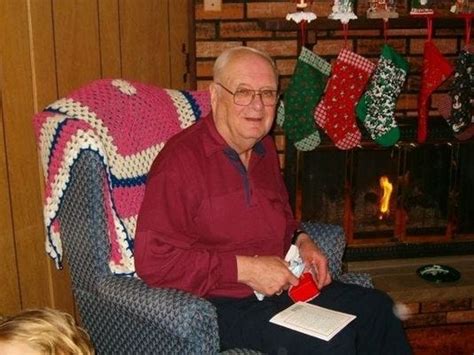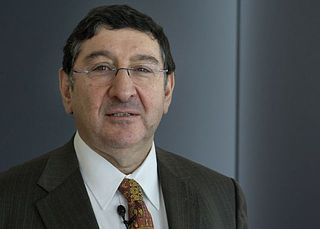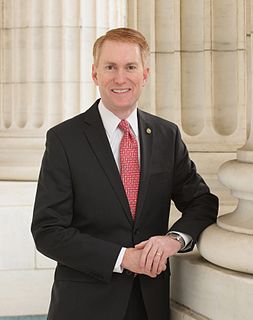A Quote by Samuel E. Morison
Every historian with professional standards speaks or writes what he believes to be true.
Related Quotes
Suppose a student of mine writes in her exam that "morality is completely relative to culture, so nothing is absolutely right or wrong. Because of that, it is absolutely wrong to be culturally intolerant". This student, if she believes what she writes, believes a contradiction. She ought not to believe the contradiction - it's a basic epistemic norm. This is true even if she can't avoid believing it - no amount of studying will show her the light.
Every man who speaks out loud and clear is tinting the "Zeitgeist." Every man who expresses what he honestly thinks is true is changing the Spirit of the Times. Thinkers help other people to think, for they formulate what others are thinking. No person writes or thinks alone--thought is in the air, but its expression is necessary to create a tangible Spirit of the Times.
Professional standards, the standards of ambition and selfishness, are always sliding downward toward expense, ostentation, and mediocrity. They tend always to narrow the ground of judgment. But amateur standards, the standards of love, are always straining upward toward the humble and the best. They enlarge the ground of judgment. The context of love is the world.
Only the mediocre are always at their best. If your standards are low, it is easy to meet those standards every single day, every single year. But if your standard is to be the best, there will be days when you fall short of that goal. It is okay to not win every game. The only problem would be if you allow a loss or a failure to change your standards. Keep your standards intact, keep the bar set high, and continue to try your very best every day to meet those standards. If you do that, you can always be proud of the work that you do.
The neccessity for making a living keeps our minds so bound down to the details of professional success that we sometimes forget there is anything except professional success to live for. The necessity of conforming our habits and standards to the habits and standards of those about us, in order that we may do efficient work, makes us forget that there is a point where conformity ceases to be a virtue.
there was no crime in unconscious plagiarism; that I committed it everyday, that he committed it everyday, that every man alive on earth who writes or speaks commits it every day and not merely once or twice but every time he open his mouth… there is nothing of our own in it except some slight change born of our temperament, character, environment, teachings and associations








































